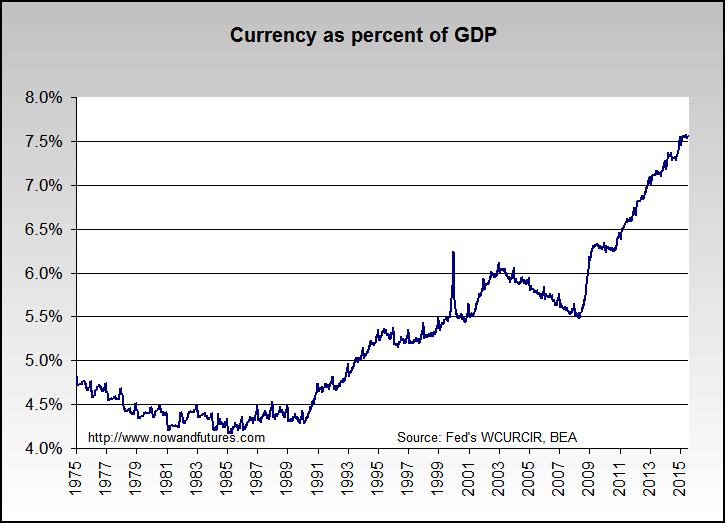Re: The Death Of Cash? All Over The World Governments Are Banning Large Cash Transactions
Walked into a computer store today here in Chiang Mai. Every item had 2 prices, "credit" and "cash."
New Dell laptop was 13999 baht with credit, 12999 with cash.
8% off with real fiat dough.
Originally posted by lektrode
View Post
New Dell laptop was 13999 baht with credit, 12999 with cash.
8% off with real fiat dough.




 )
)

Comment